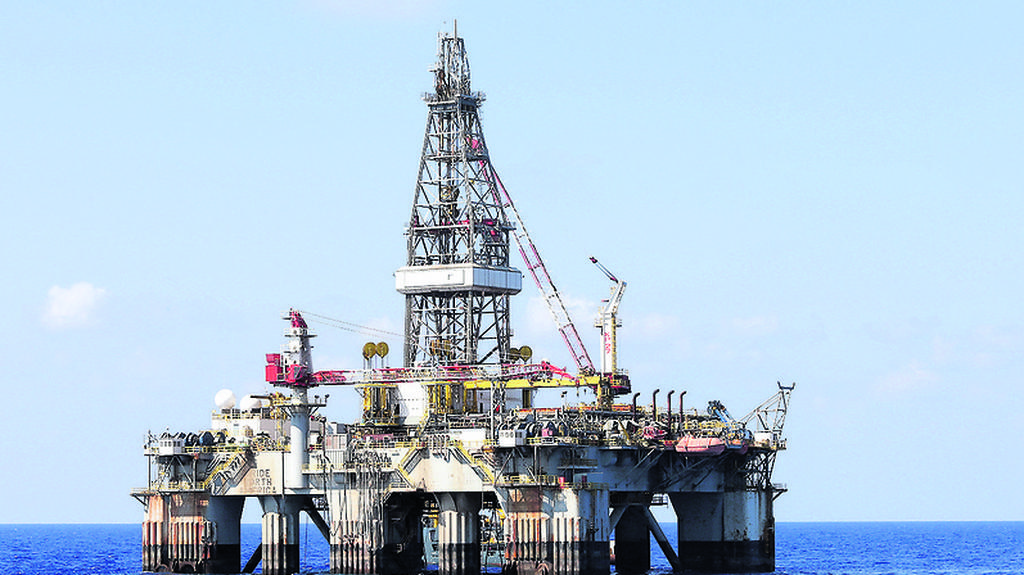Prime Minister Benjamin Netanyahu and Energy Minister Yuval Steinitz traveled to Greece on Thursday where he was expected to sign a pipeline agreement with both the Greek and Cypriot governments.
The accord allows Jerusalem to transport gas via the island nation to the Peloponnesian Peninsula, enabling the Jewish state to export some of its soon-to-be surplus energy to Europe.
2 View gallery


Prime Minister Benjamin Netanyahu and Energy Minister Yuval Steinitz departs for Athens where he is to sign a gas pipe deal
(Photo: Itamar Eichner)
The Leviathan field, Israel’s largest offshore gas resource, successfully began test pumping on December 31.
Oded Eran, a senior researcher at the Institute for Strategic Studies at Tel Aviv University and a former ambassador to the European Union and Jordan, says the significance of the deal was primarily political, in the regional cooperation with Greece and Cyprus.
“Right now, it’s only politically significant, which should not be underestimated,” he says.
“It also has to be looked at from the economic point of view of how much [gas] there is to conveyed, and whether all the countries in the East Mediterranean will cooperate in such a pipeline: Lebanon, Israel, Egypt, and maybe sometime in the future the Palestinians.
“These are very important questions which have to be decided,” he says.
Eran says that for the Leviathan field, Israel’s largest offshore gas resource, that had successfully begun test pumping on December 31, to be economically feasible, Israel must export gas.
“The Israeli market itself is too small to allow financially for the further development of natural gas,” he says.
Israel must weigh the cost of the pipeline against transporting liquefied natural gas to Egypt by ship and then on to Europe, he says.
As the latter framework already exists, it might be less expensive to transport gas that way rather than create new infrastructure, Eran says.
An agreement between the three nations does not ensure that the pipeline will definitely be built. Tensions in the region, particularly with Turkey, might prevent it.
“[President Recep Tayyip Erdogan] is trying to stop the flow of gas to Europe,” says Prof. Shmuel Sandler, from Bar-Ilan University and the Begin-Sadat Center for Strategic Studies. The project also entails security risks.
“Hizbullah in Lebanon might attack the pipeline,” Sandler says.
INSS’s Eran says the agreement Netanyahu is to sign is of great importance for Europe, which wants a calm geopolitical climate in the Eastern Mediterranean and which is the prime destination for Israeli natural gas as the European Union tries to diversify its sources of the fuel.
Despite the benefits that Europe could reap from the pipeline, Eran argues that the agreement will have minimal effect on the fraught EU-Israel relationship.
“This step is very important, but it will not solve the major problems with the EU, [which concern] bilateral relations with Israel. [They have] to do more with the Palestinian question than the energy issue,” Eran says.
First published: 09:46, 01.02.20


